
Recently, I was conversing with a friend and her husband. She was doing most of the talking, and we, well, we were listening. It was tough trying to understand her message because she kept diverting her conversation to other topics. Trying to follow what she was saying was difficult, and her husband finally said, “Suzie, stay on the highway.” In other words, focus your mind. Concentrate on what you’re saying and stick to the topic at hand.
In Suzie’s defense, we’ve all rambled on from time to time, switching gears and allowing ourselves to get lost in our conversation. Our talk soon gets morphed into a completely different topic preventing us to finish the intended message. We lose our flow and find ourselves saying something like, “Where was I going with this?” or Sorry, I lost my train of thought.”
I love the phrase “stay on the highway” as it’s all about focus. I’m going to borrow it as it can easily relate to time management and getting stuff done.
Staying focused throughout the workday, can be a challenge these days. We’re faced with a constant barrage of emails, texts, phone calls, meetings, tasks and interruptions that can eat up our time and contribute to disorganization.
A study conducted at the University of Michigan found productivity dropped as much as 40 percent when people tried to do two or more things at once. And it’s reported a manager on average spends three hours each day on interruptions. What’s more, 20 percent of the average workday is spent on “crucial” and “important” things, while 80 percent of the average workday is spent on things that have little or no value.
According to Brian Tracy’s popular time management book, Eat That Frog, investing about 15 minutes to plan your day will save at least two hours of wasted time and effort throughout the day.
For other ways to “stay on the highway” – focus your mind and feel more productive – follow these tips:
Create a To-do List and Schedule It
Somehow when we write a to-do list, we’re likely to get them done – simply because we get great satisfaction crossing them off when completed! For the tasks we jot down but procrastinate doing, try scheduling it on your calendar. Commit a chunk of time on a specific day to tackle that project and you’ll be surprised how quickly you get it done.
Prioritize and Complete Most Important Tasks First
Understand the difference between important and urgent. Each day, identify the two or three tasks that are the most crucial to complete, and do those first. Once you’re done, the day has already been a success. You can move on to other items on your list!
Refrain from Answering the Ring or Ping Every Time You Get One
You may think you’re being efficient by responding the second you receive an email, text or phone call but often, that’s not the case. Some researchers believe it can take up to 15 minutes for you to regain complete focus after a distraction from a ring or a ping.
Send your calls to voicemail and turn off your email notification. Plan to check your messages once in the morning, once after lunch and one more time before you leave the office. You’ll be able to respond to important issues as they arise and still have time to tackle your workload. Unsubscribe from email lists if you don’t want to receive.
Organize your Workspace and Files
Getting rid of clutter is one of the best things you can do to make a more efficient work environment. Being organized saves tons of time. Create a filing system for documents that work for you. Store them in a file cabinet, rack or electronically. Streamline. Streamline. Streamline.
Establish a Routine
Be dull in your everyday routine so you can be wildly creative where it counts. Routines simplify, clarify and create order, symmetry and familiarity in chaos and high stress. Routines are the foundation of success. Top performers in every area of every industry have lives full of routine – and that includes getting proper sleep and exercise, too.
Delegate
Don’t waste time doing things that somebody else can do, especially if they can do them better. Save your time for those tasks for which you’re uniquely qualified. In addition to easing up your workload, delegation helps others take on more responsibility and grow in their careers.
Contact Polished, today to fine-tune your time management skills to become more successful in your professional and personal life.









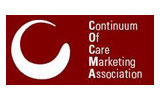









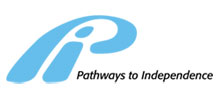
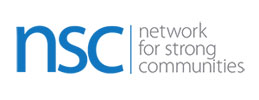






















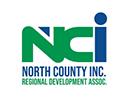











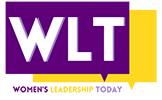



















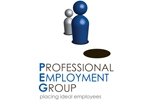































Leave a Reply
You must be logged in to post a comment.